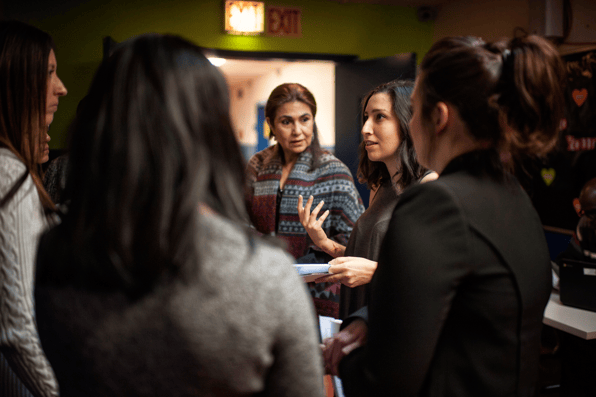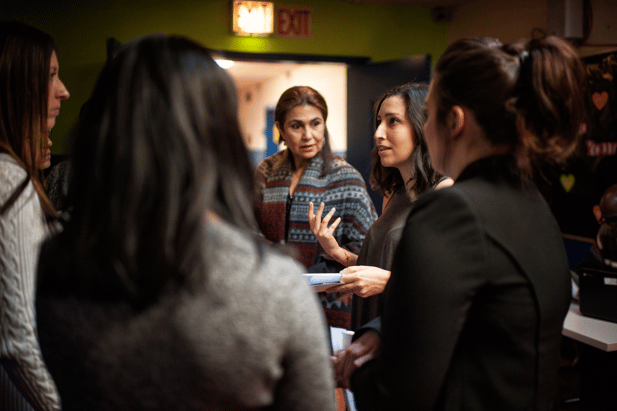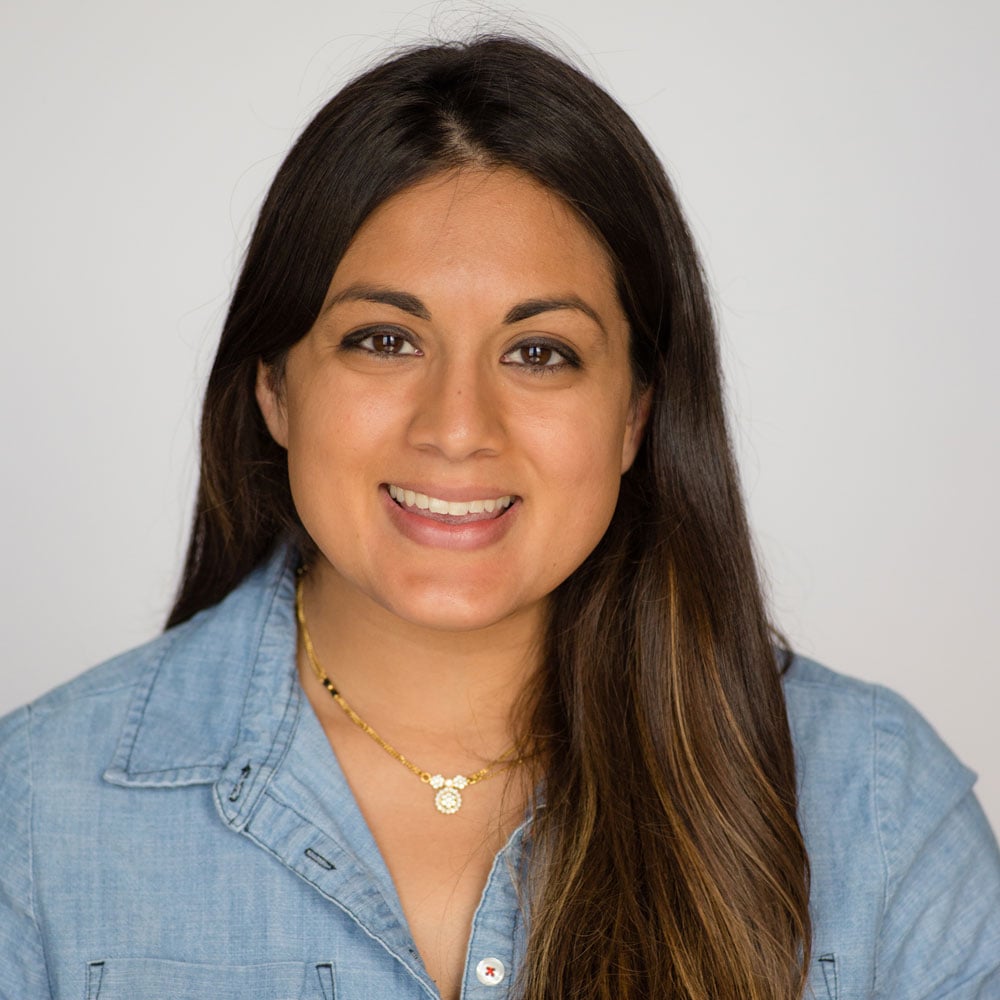
Break Out of ‘Sit-and-Get’ PD with These Hands-On Workshop Tips
Professional development will never be the same

We all know the pitfalls of a disastrous PD: rushed slides, disconnected topics, boring presentation, and zero follow up. By the end of the session, teachers are walking away with relief to see daylight again—rather than relief to know a new classroom strategy.
So how can we, as administrators, break out of “sit-and-get” PD environments?
Make your PD hands-on and interactive. Focus on the activity, the space, and the follow-up.
There’s ample research to confirm that changing up the activities we do – taking advantage of physical spaces—can keep our minds fresh and focused. With professional development, make sure teachers have the opportunity to move around, talk with others, and collaborate. My rule of thumb is that as a presenter, you should never talk for more than 15 minutes straight. Your audience should be doing, not just listening.
And what exactly might the audience do? For starters, replicate any strategies they might use in the classroom, or might be learning from the PD.
Engaging Professional Development Activities
- Carousel – In a classroom, you may use a carousel to encourage more interaction between students. In a PD, you can discuss questions or major themes that you are working on as a staff. By using a carousel structure, you allow for questions, comments, and responses in groups.
- Chalk Talk – Similar to a carousel, a chalk talk allows individuals to reflect on major topics or questions. However, a variation on this is that it can be done in complete silence. This gives more opportunities for the participants to reflect upon the topic.
- Jigsaw – Does your PD require abundant reading (before or during the session)? Use the jigsaw method to cut down on mental lift.
With this method, each teacher reads a section, then meets with fellow teachers who read the same section. After discussing the content with that first group, the teacher joins a new group—with each member (now an “expert”) representing their assigned section.
Tip: Adapt this method to work for TED Talks geared around the same topic.
- Marshmallow Challenge – This activity is a favorite of ThinkCERCA HQ (last year, we ran the challenge with dozens of administrators in downtown Chicago). With just some spaghetti, some string, and a roll of tape, groups are challenged to build the highest tower a marshmallow can rest upon. It’s a great problem-solving activity, and helps colleagues to learn how to rapidly iterate and prototype.
View instructions for the marshmallow challenge or join our upcoming Administrators as Entrepreneurs PD in Chicago on June, 23rd!
Beyond the structure of activities, keep in mind where you host your PD. When it comes to learning, the places we inhabit can have an impact on our achievement. Does your PD have to be in the school auditorium or classroom? Could it be outside? At the local library? At a restaurant nearby?
There’s something invigorating about being in a new place; it’s a simple change that can make a big difference for your PD.
If your school is in a large town or city, consider reaching out to local museums, co-working spaces, or startup incubators. Often, these organizations do not charge schools to use their facilities for a day.
And when PD has finished, focus on the follow up. Send an email to all attendees with useful resources. Ask your teachers for feedback via anonymous survey (Google forms might be easiest). Make sure that additional PD (especially if it comes soon after) is relevant to prior PD. You shouldn’t lead bi-monthly sessions on disparate topics.
Above all, the best thing you can do to make professional development effective is to iterate. Find out what works, what doesn’t, and focus on making improvements with each session. Just as we revise our teaching techniques, so should we revise our professional development courses.

A former special education and English teacher, school administrator, and district leader for Boston Public Schools, Kavita is an expert on teacher training, Universal Design for Learning, and bilingual language learners. In addition to her work at ThinkCERCA, Kavita is a Cadre member at the Center for Applied Special Technology, where she teaches courses on UDL and provides training to districts and universities across the U.S.
